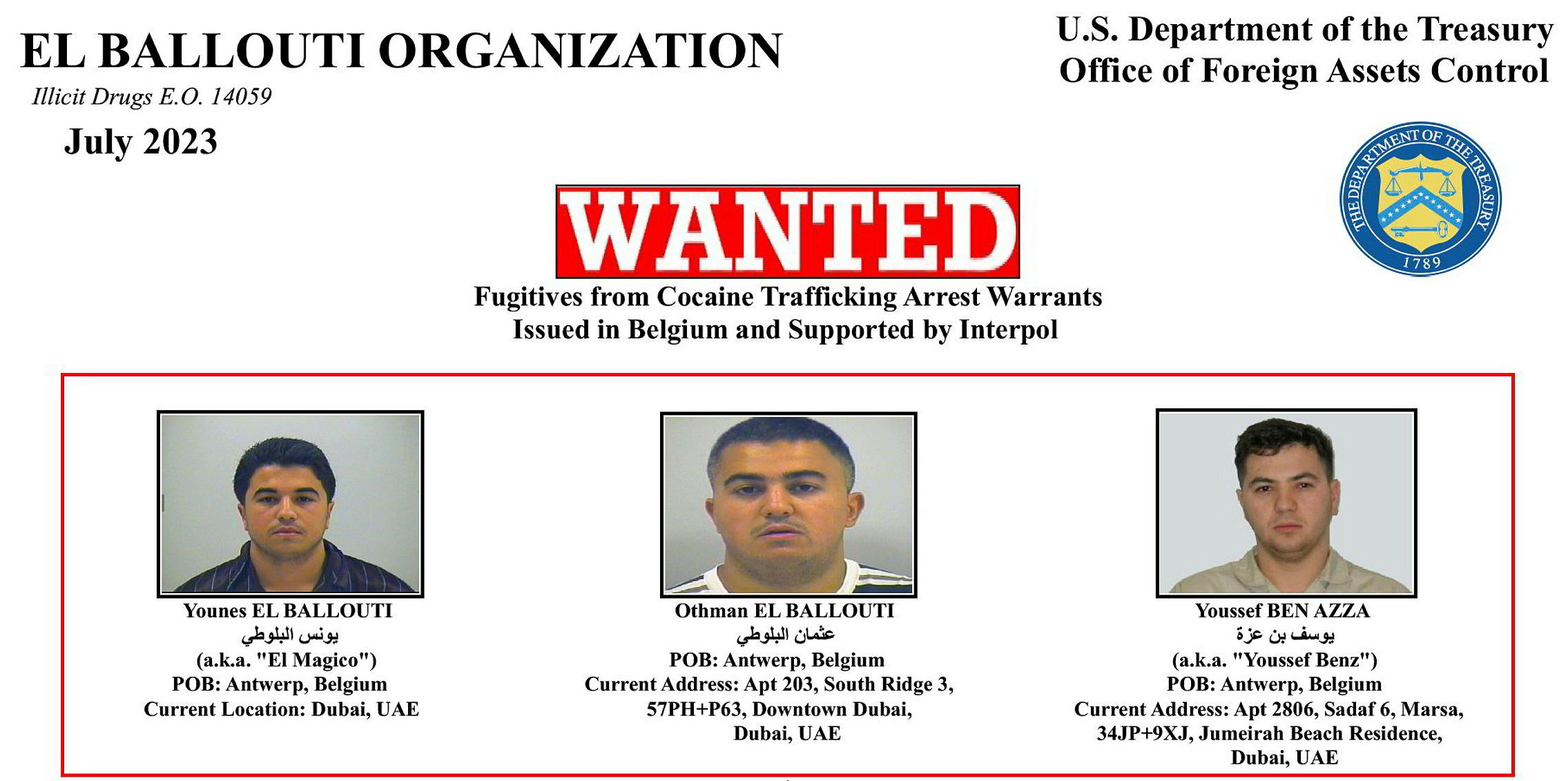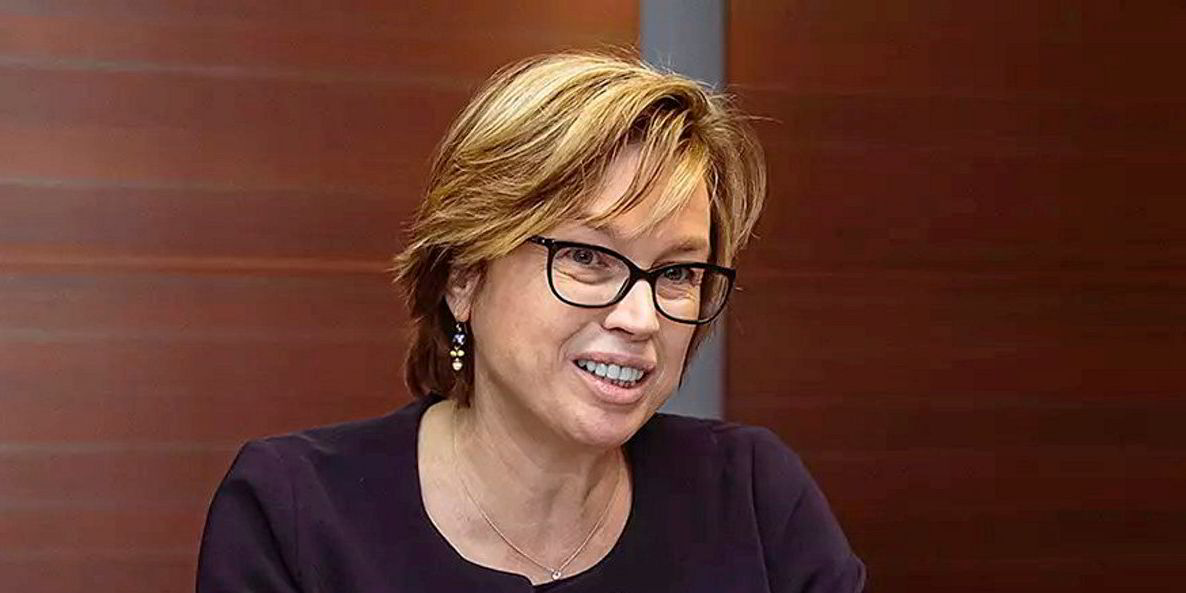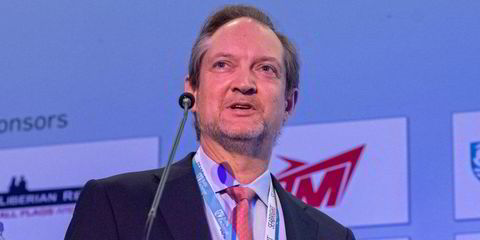The US has imposed sanctions on three Belgians accused of running a cocaine smuggling racket using shipping containers through the Port of Antwerp.
The men, led by “high-level drug trafficker” Othman El Ballouti, 35, are wanted by the Belgian authorities and are believed to be holed up in Dubai, according to the US Treasury’s Office of Foreign Assets Control (Ofac).
El Ballouti’s organisation uses Antwerp as a critical entry port for cocaine for onward movement throughout Europe, according to the Ofac sanctions notice.
A record 160 tonnes of cocaine was seized at Antwerp-Bruges and Rotterdam last year, with the overwhelming share found in Antwerp. In a report this year, the Europol police intelligence agency said more than 90m containers are handled every year by the European Union’s ports, and only one in 10 from South American countries is checked.
The wanted men include El Ballouti’s younger brother Younes, 28, also known as “El Magico” and an associate, Youssef Ben Azza, 36, who has been involved in the drugs trade for more than a decade.
He specialises in setting up front companies for the organisation. Businesses in China have been connected to the group, Ofac said.
In January, Younes was sentenced to eight years in jail in Belgium while on the run for his role in multiple drug shipments.
The battle for control of the drugs distribution from Antwerp has led to years of feuds between rival Belgian and Dutch-Moroccan gangs that have left dozens of people dead.
Younes was reportedly kidnapped in 2016 by a rival drug lord who had been locked out of the Antwerp cocaine smuggling route, according to the Organized Crime & Corruption Reporting Project. He was taken to France but escaped after five weeks.

The US said the El Ballouti organisation is linked to Ecuadorean Sanchez Farfan, described as one of the most significant drug traffickers in the world.
Farfan’s Colombian manufacturing labs are believed to be main suppliers to Mexico’s Sinaloa cartel. Farfan was arrested in Colombia in February.
The move by Ofac means all property and investments linked to the trio in the US or connected to US citizens must be blocked and reported to the sanctions body.
“Today’s actions underscore the importance of our collective efforts to disrupt the global illicit drug trade,” said Brian Nelson, under secretary of the Treasury for terrorism & financial intelligence.
The global drugs trade is conservatively valued at $426bn a year — 30% of the annual value of the oil and gas industry — and a gram of cocaine is cheaper to produce in Colombia than a gram of coffee.





